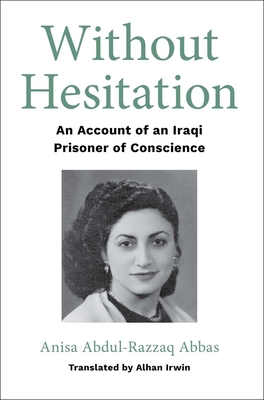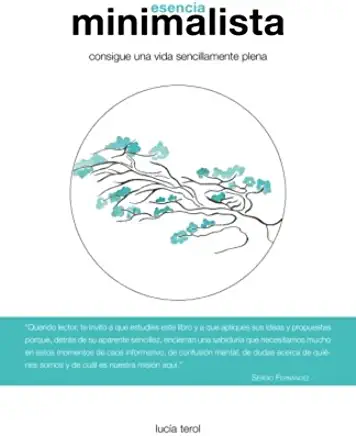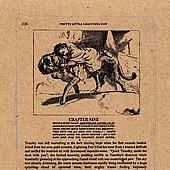
description
3On a December day in 1973, Anisa Abdul-Razzaq Abbas heard a knock at the door of the Baghdad home she was visiting. She opened the door to greet two men from the Iraqi Al-Amn security force, who immediately placed her under arrest. Her crime: being a member of the Bahá'à Faith, a religious minority in her native Iraq. Over the next six years, Anisa would spend three years in Iraq's infamous Abu Ghraib prison and a further three years in Al-Rashaad prison before her release in 1979. During her years of incarceration, Anisa would rely on her faith to meet the myriad challenges of prison life. Day after day, she and her fellow-prisoners experienced levels of cruelty and injustice that most would find unthinkable. Separated from her husband, who was being held in the men's prison, and from her children who were without both parents, Anisa was sustained through her darkest days by the love of her family, and by the strength and solidarity offered by her fellow Bahá'à prisoners. Anisa's story is one of patience, courage, and steadfastness in the face of religious prejudice and state-sponsored oppression, and it is a reminder to us all of the resilient strength of the human spirit.
member goods
No member items were found under this heading.
Return Policy
All sales are final
Shipping
No special shipping considerations available.
Shipping fees determined at checkout.







